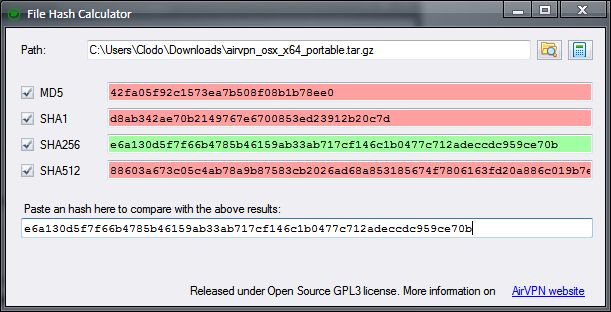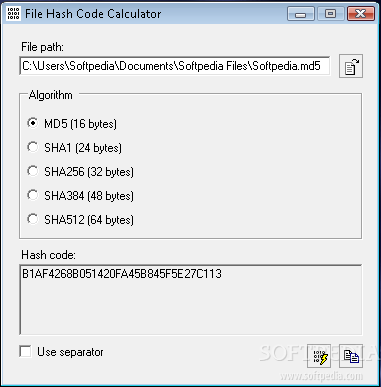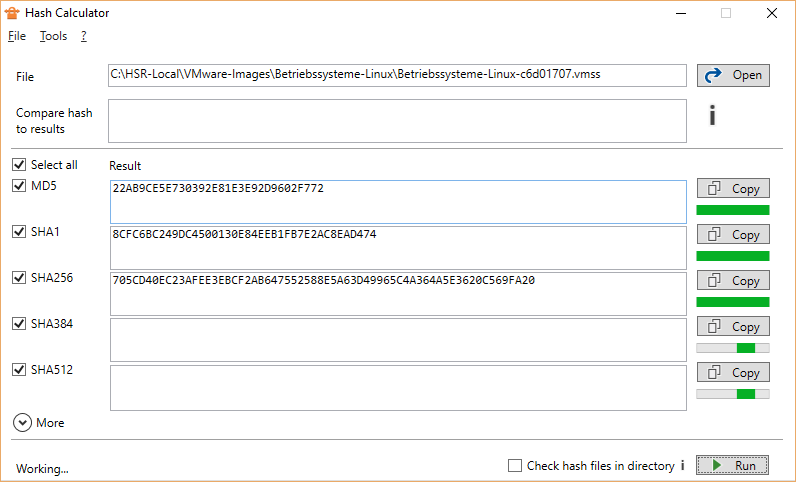
Original Assignee McAfee LLC Priority date (The priority date is an assumption and is not a legal conclusion. Google has not performed a legal analysis and makes no representation or warranty as to the accuracy of the list.)

( en Inventor Di Tian Current Assignee (The listed assignees may be inaccurate. Google has not performed a legal analysis and makes no representation as to the accuracy of the status listed.) Granted Application number US16/119,716 Other versions US11010337B2 Google Patents US20200073959A1 - Fuzzy hash algorithms to calculate file similarity

This message digest is often represented as a 40-digit hexadecimal number. You will receive the SHA1 version of your entered data, which is a 160-bit message digest.There is an input field where you can add your data of any size which you want to convert into SHA1 Hash.LambdaTest SHA1 HASH calculator uses to convert your data into SHA1 Hash.
Hash calculator 1016 how to#
How to Use LambdaTest SHA1 HASH Calculator: If two hashes match, then it shows that the data has not been altered. Data can be encrypted with SHA1 and can be delivered or saved with the data.
Hash calculator 1016 software#
File Verifications: During software development and deployment, it is necessary to check out that file that gets distributed is similar to the original and hasn't been tempered.The output is likely accurate if the two hashes match. Making an SHA-1 Hash of the known output and comparing it to the SHA-1 Hash of the actual output is a popular method. Software Testing: During software testing, it is necessary to verify whether the output we are receiving is correct or not Comparing the output to a known "good" output is one technique to accomplish this.Use Cases of SHA1 Hash in Software Testing: The algorithm's output is a fixed-size, 160-bit (20-byte) hash value specific to the input message. The SHA-1 algorithm applies several mathematical operations, such as bitwise operations and modular arithmetic, on input (or "message").

The hash value will alter if the data is changed in any way.

It is commonly used to verify data integrity, such as messages and files, by giving the data a special "hash" value. It uses a cryptographic hash algorithm to 160-bit (20 bytes) Hash value. An SHA-1 Hash calculator is a tool that creates a 160-bit (20-byte) hash value for a specified input, generally referred to as a "message" or "data." It processes the input using the SHA-1 algorithm, a cryptographic hash function, to generate a unique hash value that may be used to validate the input's integrity.


 0 kommentar(er)
0 kommentar(er)
